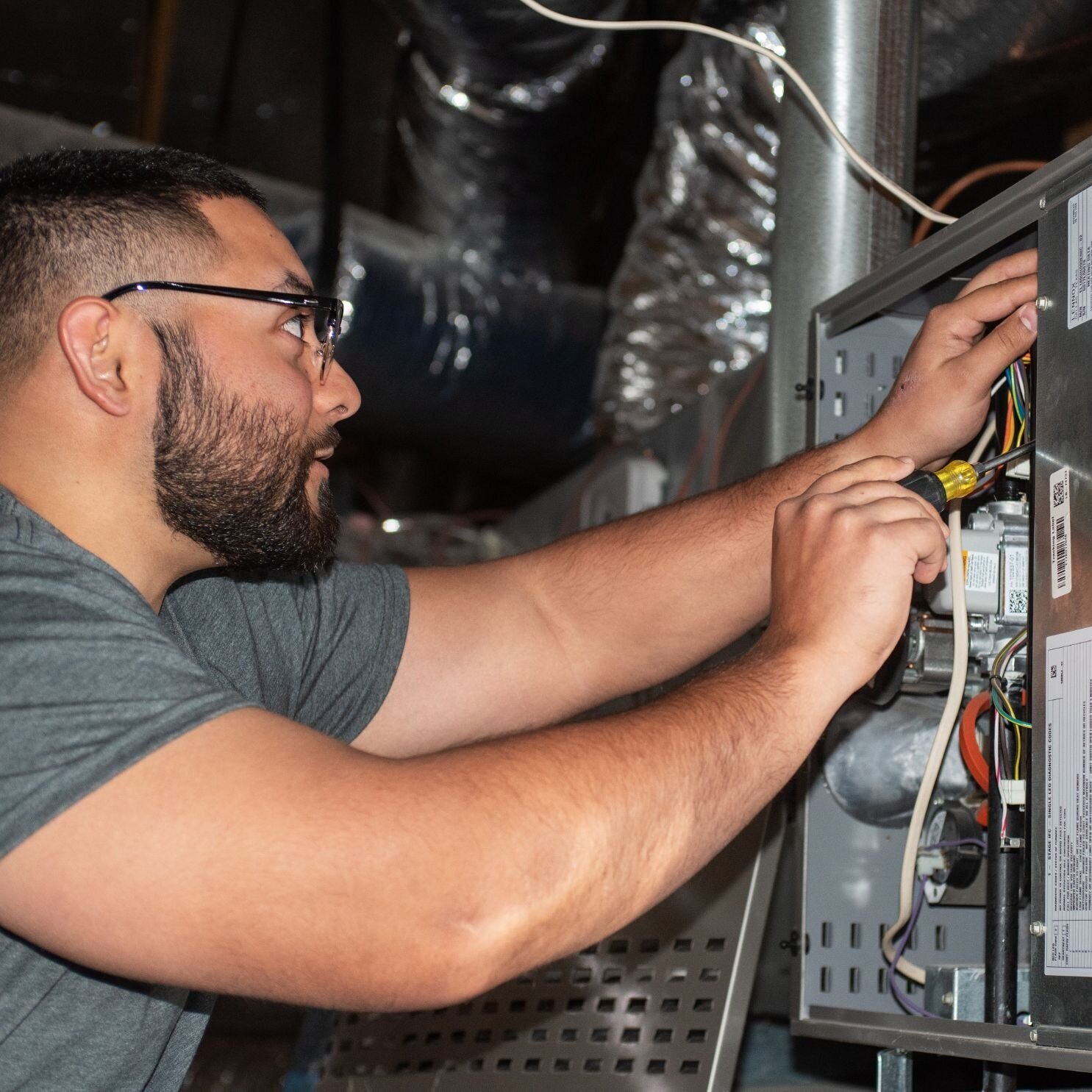What You Need to Know About Furnace Filters Ratings
A filter is one of the crucial components of every furnace. It plays a vital role in ensuring a healthy and clean home environment by improving indoor air quality. A clean furnace filter boosts the HVAC system performance, makes it more energy-efficient, enhances comfort, and prevents overheating that can damage the various components or cause a complete system failure.
When buying a furnace filter, choosing the right size, style, type, thickness, materials, and rating is essential. Installing a wrong furnace filter affects indoor air quality and can cause significant damage to your HVAC system. Furnace filters are available in different ratings, and it is crucial to understand them to select the right air filter for the furnace. We will discuss everything that you should know about furnace filter ratings.
Furnace filter rating system
MERV (or minimum efficiency reporting value) is the standard system used to rate the HVAC filters. The scale ranges from 1 to 20, depending on the density. A higher rating means that the filter is more efficient in removing smaller airborne particles and offers better air quality, while lower ratings signify a low-quality filter. When purchasing a new air filter, use the MERV rating to compare different furnace filters.
Types of furnace filters and their ratings
Fiberglass filters
They are the most commonly found and the least expensive of all furnace filters. Fiberglass filters are effective in trapping large dust particles (larger than 10 microns). These are disposable filters made from spun fiberglass and have a MERV rating of 1 to 4.
Pleated filters
Pleated filters are made of folded layers of polyester or cotton and are a little more expensive than fiberglass filters. Pleated filters have a MERV rating of 5 to 8 and work better to remove finer airborne particles like dust, mold spores, pollen, and pet dander. Filters with more pleats offer better filtration.
HEPA filters
HEPA (or high-efficiency particulate) air filters are the most effective and expensive of all filter types. They can filter 99.97% of the particles from the air. With a MERV rating of over 11, HEPA filters capture pollutants up to 0.3 microns, including viruses and bacteria.
Choosing the best furnace filter for your home
You may think that choosing the highest MERV rating filter is the best for your furnace. However, for residential use, higher may not always mean the best. Experts suggest using filters with a MERV rating of 5 to 8 for most homes. They can remove a majority of the contaminants from the air and keep the HVAC system running efficiently.
Households with pets or family members suffering from allergies, asthma, or other respiratory illnesses should consider using filters with MERV rating from 10 to 12 as they filter most allergens from the home’s air. It is essential to consult a professional before using high-efficiency filters, as not all HVAC systems can accommodate them. Filters with a very high rating can restrict airflow, leading to damage to the system components.
Check your furnace operating manual to determine the MERV rating that works best for the system. Also, you can contact an HVAC service professional for assistance in selecting the best furnace filter for your home.
Do not let air conditioner or furnace issues affect you. Fix My Air DFW is a licensed company offering 24-hour emergency AC repair and 24-hour emergency heating repair to Fort Worth, TX, residents. We also provide duct replacement and sealing and top-quality HVAC parts to keep your HVAC unit in perfect shape.

